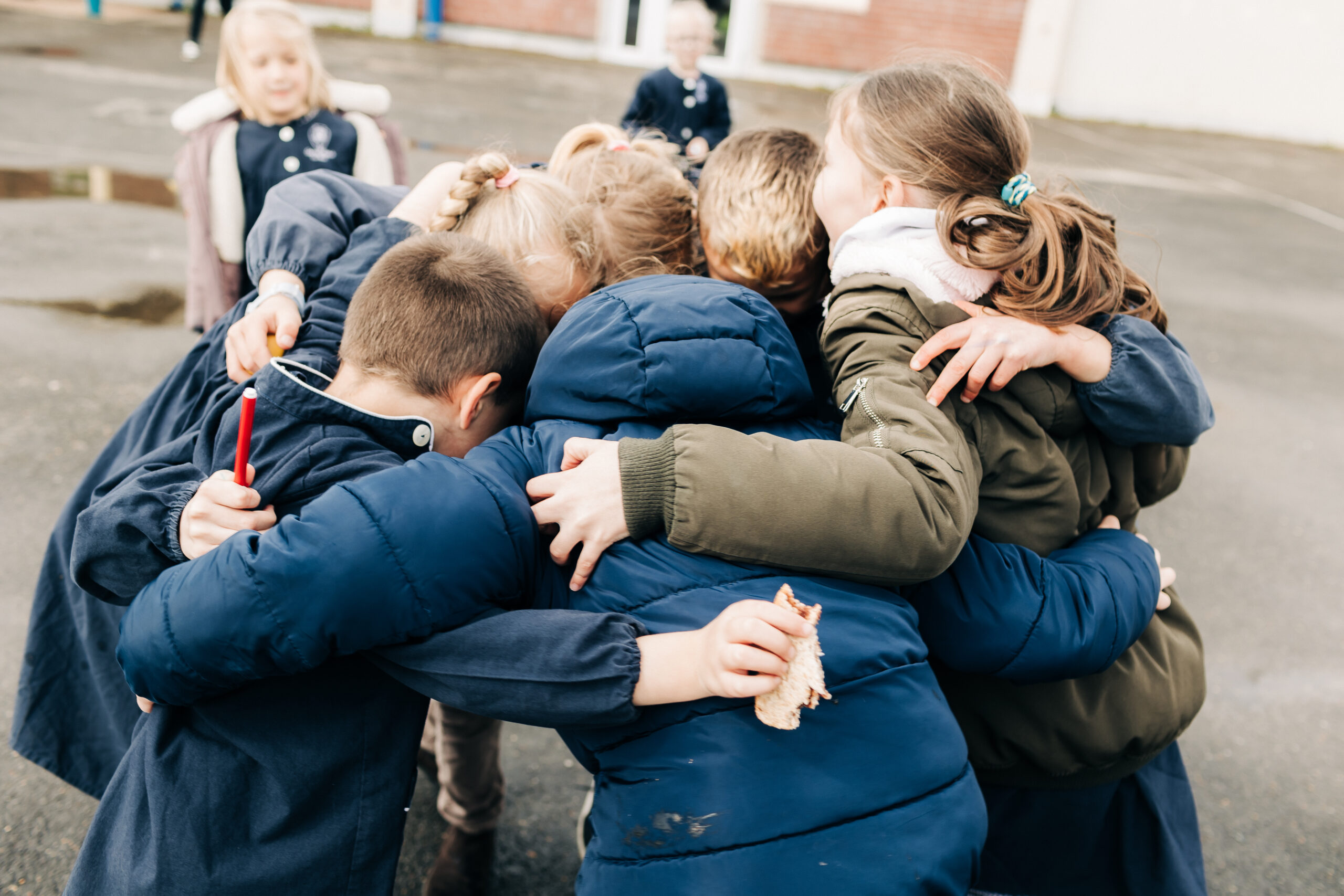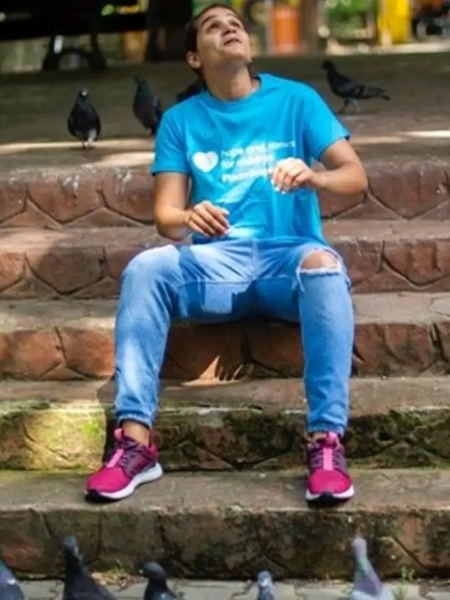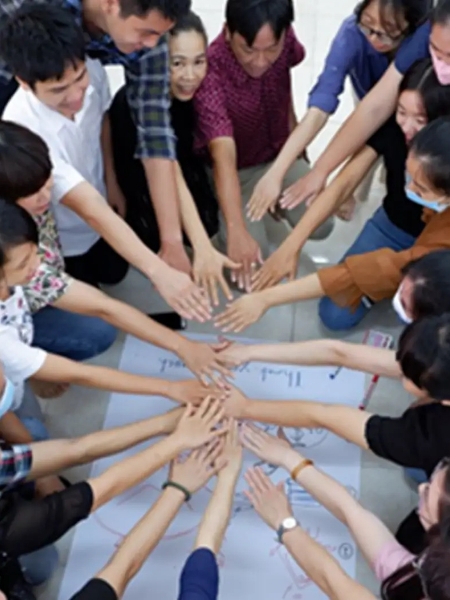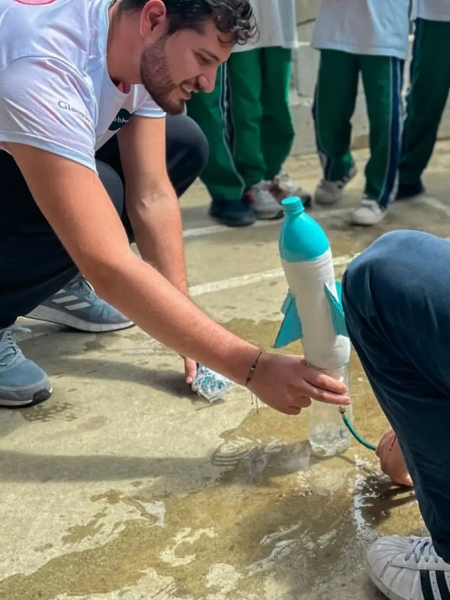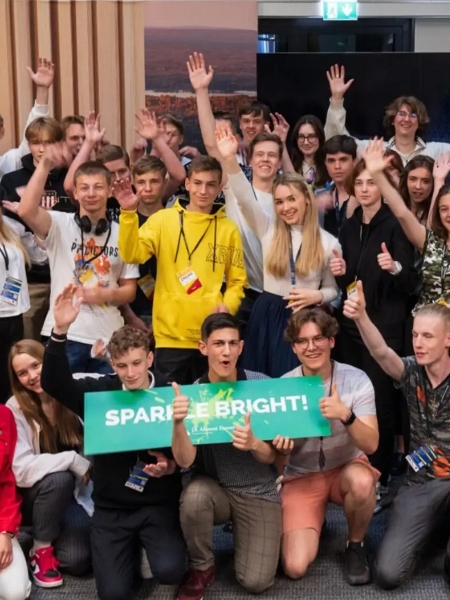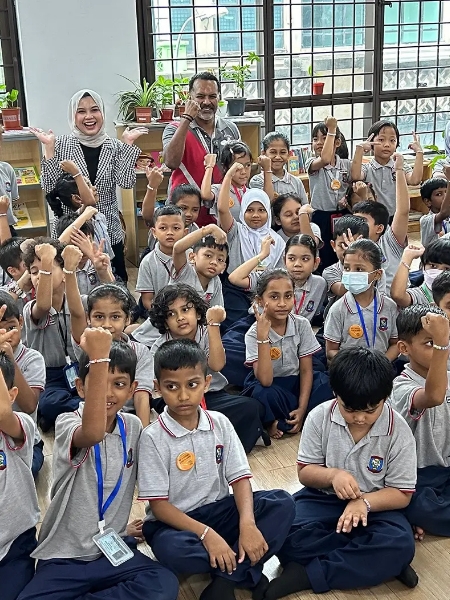Excellence Ruralite
Think Human Foundation
Mission & History
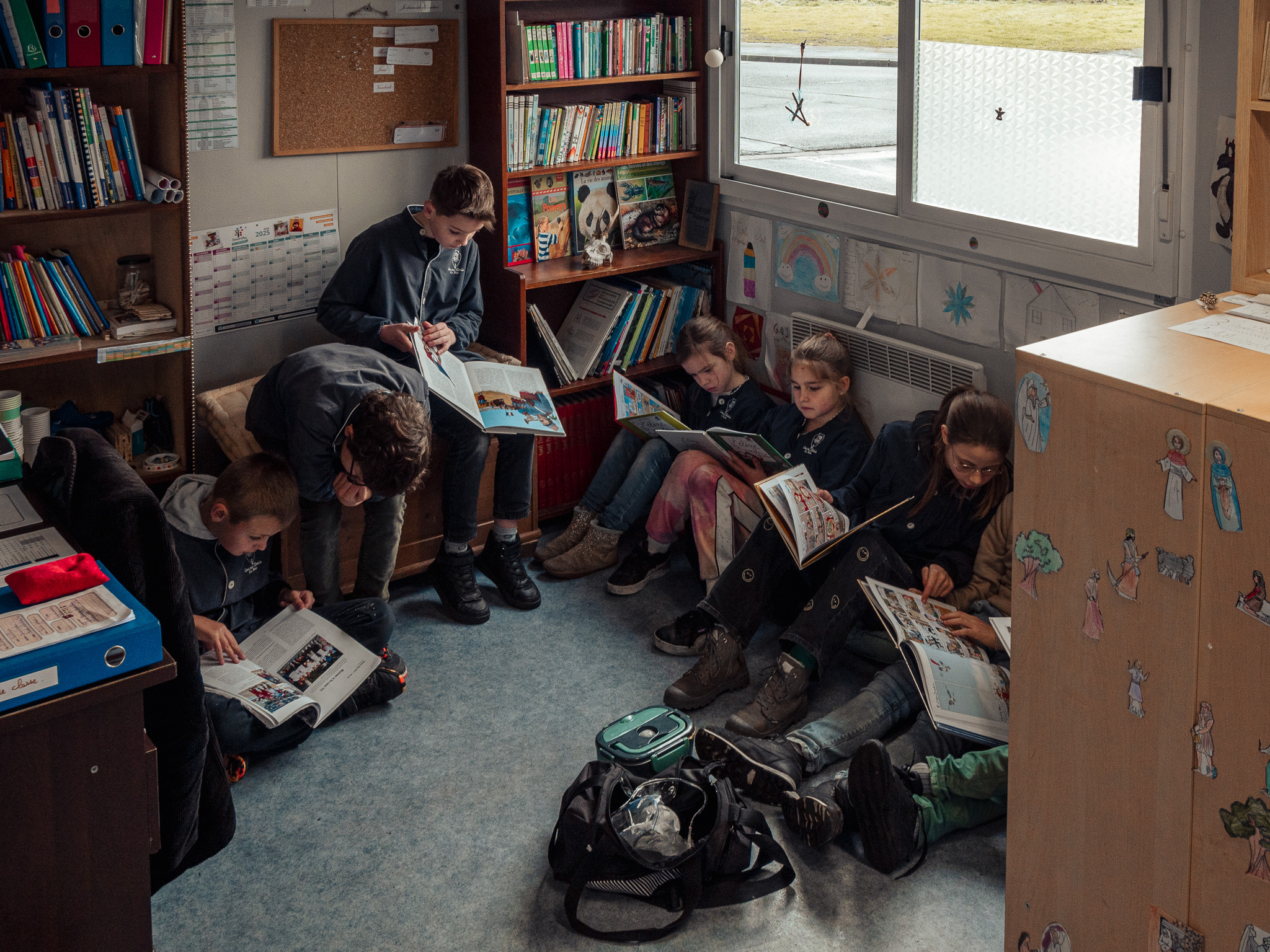
Country Information
The Need
The Project We Fund
The Result
Testimonies
“The day before the start of the school year, Noah was diagnosed with autism (ASD). He had no social interaction and struggled with his peers. At this school, the teachers are always encouraging. Now, Noah is thriving — he talks a lot and has made friends.”
-Noah’s mother, 7th-grade student’s parent-
“Léona was bullied at school for three years. She no longer felt happy at school and ended up failing academically in 4th grade. Today, I have a very different view of school compared to six months ago. As a parent, I feel included and part of a group, with teachers we know and can talk to. It’s incredible, I’ve found my daughter again. She smiles when she comes home from school, tells us what she’s done during the day, and she’s thriving. It feels so good after three very difficult years for her.”
-Leona’s father, 6th-grade student’s parent-

